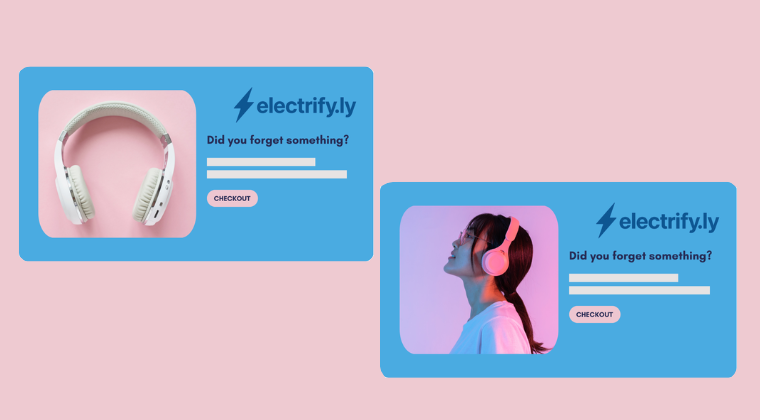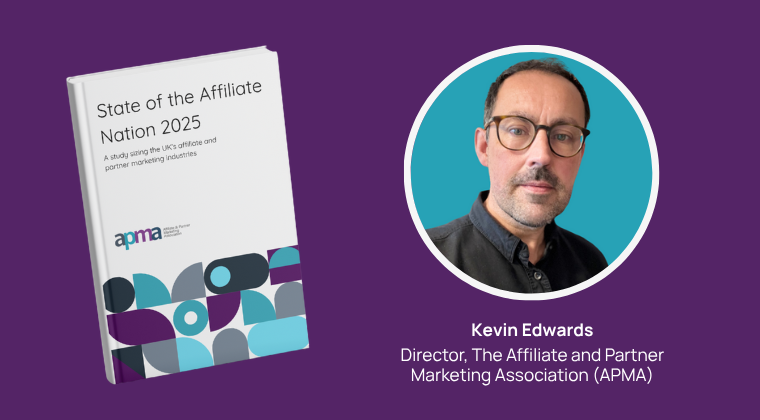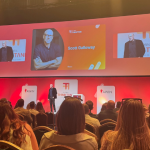Journal
Check out the intent.ly blog for tips, news and reviews from the world of ecommerce; including affiliate and performance marketing, conversion rate optimisation, consumer behaviour and more.
Journal
Check out the intent.ly blog for tips, news and reviews from the world of ecommerce; including affiliate and performance marketing, conversion rate optimisation, consumer behaviour and more.
July 2, 2025
intent.ly Blog
Data-driven testing unlocks valuable insights, enabling you to optimise conversion rates, engagement, and revenue. But
June 4, 2025
intent.ly Blog
In a world where we’re all chronically online, affiliate marketers have turned scrolling into strategy
-
How to use overlays for upselling and cross-selling
January 6, 2025 -
Key dates for your 2025 marketing calendar
December 4, 2024 -
Supermarket Christmas adverts of 2024: unwrapped!
November 20, 2024 -
Key Marketing dates to help boost conversions through the end of 2024
November 13, 2024
Book a demo
Get in touch and one of our experts will organise a demo of how intent.ly can help you achieve your ecommerce goals.















